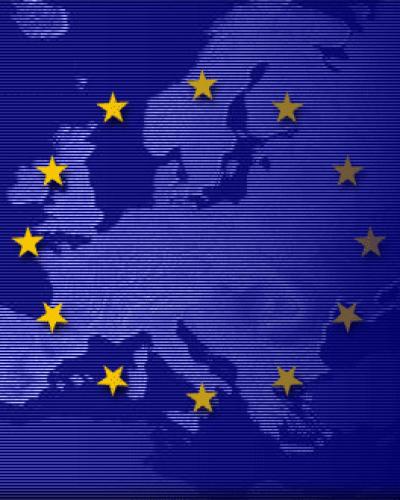Brussels, September 9 (RHC)-- The European Union has formerly adopted a fresh package of sanctions against Russia despite Moscow’s retaliation warnings. European Council President Herman Van Rompuy announced the sanctions on Monday, saying that their implementation will take place over the next few days.
Referring to the ceasefire deal between pro-Russian activists and the Kiev government, he said that this "will leave time for an assessment of the implementation of the ceasefire agreement and the peace plan,” adding: "Depending on the situation on the ground, the EU stands ready to review the agreed sanctions in whole or in part.”
The EU diplomat also said the fresh sanctions are to effect Russia's top oil producers and pipeline operators Rosneft, Transneft and Gazprom Neft, putting them on the list of Russian state-owned firms that will be banned from raising capital or borrowing on European markets.
Moscow has said that it will retaliate if the bloc goes ahead with the new sanctions, possibly by banning international flights over its territory. Earlier on Monday, reports said the EU governments had delayed signing off on the sanctions, because some governments wanted to discuss how to suspend the sanctions if a Ukrainian ceasefire holds.
Brussels has so far imposed sanctions such as travel bans and asset freezes against several Russian, Crimean and other pro-Russia figures. The restrictions were imposed after a decision by Ukraine’s then autonomous region of Crimea to rejoin the Russian Federation in March.
Articles en relation
Commentaires
Laissez un commentaire
Tous les champs sont requis
En reproduction maintenant
En Compañía el Doctor
Au suivant
- Noticiero
- El Mundo de la Filatelia
- La Música en el Cine Latinoamericano
Plus de visites
- Le vice-ministre cubain des affaires étrangères dénonce la politique agressive du gouvernement américain
- Cuba dénonce la détention arbitraire de migrants à Guantanamo
- Les États-Unis poursuivent leurs programmes subversifs contre Cuba, déclare le ministre des affaires étrangères
- Le président cubain se souvient de l'héritage d'Hugo Chávez
- La tronçonneuse de Trump arrive à l'ONU


